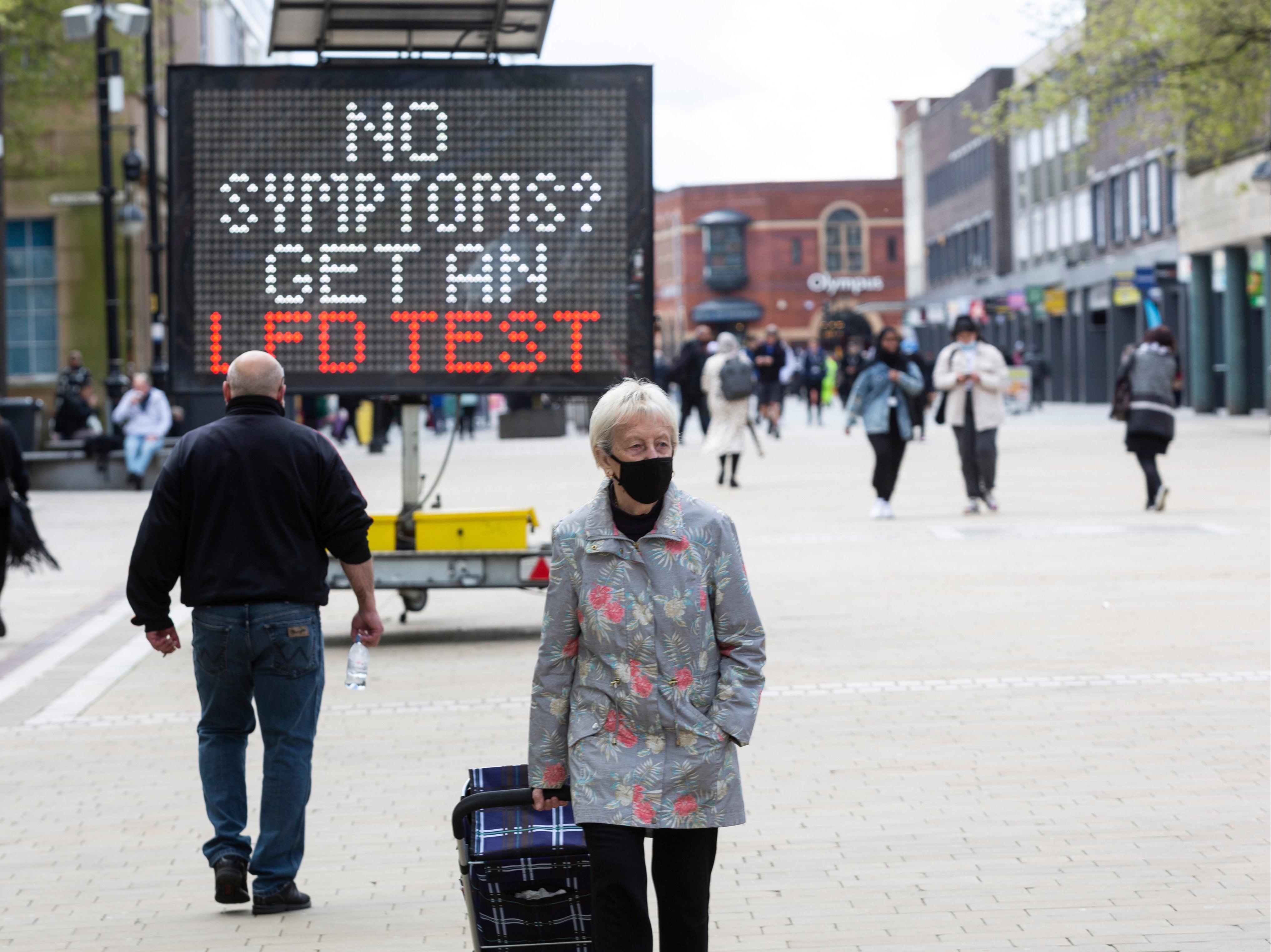Evictions are coming back. The government should work harder to minimise them
The commercial and residential sectors require different approaches. But possible solutions to both have been tabled that are worthy of consideration, writes James Moore


The vexed subject of eviction is rearing its ugly head now the economy is reopening (albeit perhaps more slowly than was at first hoped).
From tomorrow (Tuesday) the moratorium on residential ones in all but the most extreme cases ends. This means court proceedings can be started again, with tenants in arrears potentially facing a four-month notice period before getting turfed out.
The hammer potentially comes down on commercial organisations, meanwhile, at the end of the month when commercial landlords will once again be able to aggressively pursue debtors.
To avoid yet another godawful pandemic-related car crash, both need to be addressed, and as a matter of urgency.
Let’s take the residential question first. Debt charity Step Change says it has a solution that has much to recommend it.
It puts the current level of rent arrears at £360m but argues that just 30,000 extra evictions would cost the public purse £225m (you have court time, court costs, the need rehouse people, etc).
This means that there is a financial interest to the government in addressing the issue, in addition to the moral responsibility it has through its chaotic mismanagement of the crisis, which has exacerbated any number of problems stemming from it.
Step Change calls for grants to help address the arrears racked up by the poorest tenants with low interest loans for others, modelled on the student loans scheme and repayable only when the borrower is earning a salary roughly equivalent to the London living wage.
It’s an elegant solution to the problem with little apparent downside. Landlords get paid, and it should be remembered that many of them are under pressure, especially the smaller ones, a potential social crisis is averted, the taxpayer does better than in the event of an out of control eviction crisis. Ker-ching.
When it comes to the commercial sector, the calculus is obviously different, the equations more finely balanced.
The British Retail Consortium says that the sector’s total rental debt amounts to £2.9bn, while pointing out that one in seven shops lie empty, with that number expected to rise.
It says that two-thirds of retailers have been told by landlords that they will be subject to legal measures from July, while almost one third (30 per cent) say they have already faced County Court Judgements (CCJs) from commercial landlords.
The trade body also claims that 60 per cent of landlords have given tenants less than a year to pay back rent arrears accrued during the pandemic.
BRC chief Helen Dickinson advocates ring fencing rental debts built up during the pandemic. This, she says, would give retailers breathing space as they wait for footfall and cash flows to return. “With this in place, all parties can work on a sustainable long-term solution, one that shares the pain wrought by the pandemic more equally between landlords and tenants,” she says.
However, it bears repeating that commercial landlords face pressures of their own, including the build up of debt in the absence of income they would usually get from tenants.
The British Property Federation says the majority of tenants and landlords have reached agreements. Its chief executive Melanie Leech also argues that the moratoria have, in some cases, been exploited by some rather large, well capitalised businesses, at the expense of her members.
The BPF isn’t opposed to a ring fence but it does want to see new rent being paid again, and promptly, now that tenants are open for business again.
The pair were on the same side, along with UKHospitality and other trade bodies, when they approached the government for financial help with arrears last year.
The government demurred, arguing that the support it had already provided to embattled sectors, including business rate holidays, cheap credit, and VAT concessions, should be sufficient to cover the problem.
Clearly this hasn’t been so in all cases.
A boom in commercial evictions is something to be avoided, just as it is in the residential sector. The prospect of boarded up town centres up and down Britain is not an attractive one. The problem was making itself felt before the pandemic. The state of the historic centre of Bath, for example, briefly became a cause celebre back in 2018 and the problem was far from unique to Somerset’s biggest city.
The harsh reality facing landlords in the current climate is that if they evict retail tenants they may struggle to find replacements. They know this and the BPF argues its members are only going to push the eviction button in a minority of cases where there is no prospect of agreement between landlord and tenant.
Efforts should still be made to keep that to a minimum. If the government doesn’t want to dip into the taxpayer’s pocket, and the support it has offered to the private sector has indeed been considerable, then it should at least play a more active role in brokering a solution. There would be a political gain from doing so and, given recent events, that is something it could surely use.
Join our commenting forum
Join thought-provoking conversations, follow other Independent readers and see their replies
Comments